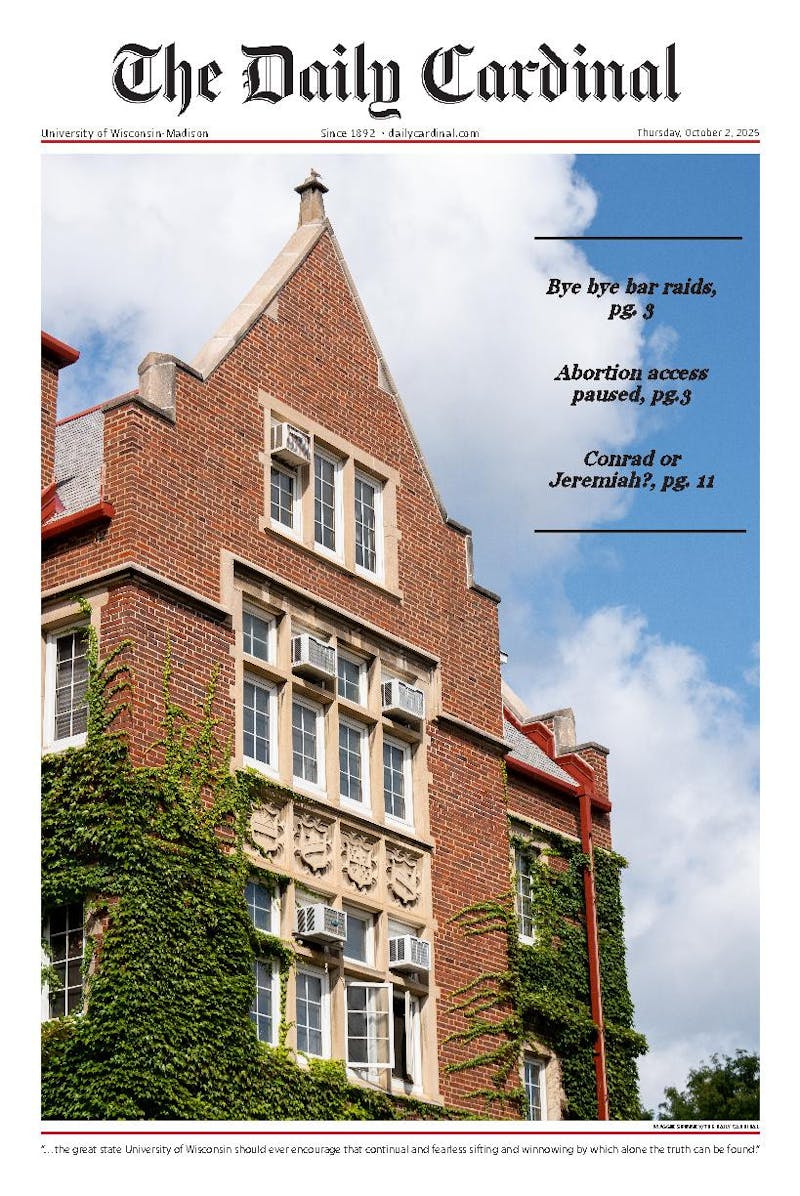William Hung has a Christmas album. Yes, you read that correctly. American Idol’s most ignominious failure made famous by his ridiculous flailing arm motions to Ricky Martin’s “She Bangs” has a nine-track record of classic holiday hits. Entitled Hung for the Holidays, this record is 20 minutes of Hung butchering your favorite Christmas songs. Yet, people actually bought this abomination and a talentless hack made money. This is why I hate Christmas music.
Long ago, the genre of “Christmas music” had meaning. Examining those songs written before and up to the 1960s provides astounding examples of true dedication to sound. Songs such as Bing Crosby’s “White Christmas” and Nat King Cole’s “The Christmas Song” are significant milestones in the art of producing holiday music. Vince Guaraldi’s score for A Charlie Brown Christmas is still lauded by critics, even outside the context of Christmas. These and a small handful of other artists were the last and final greats in the Christmas sub-genre.
Christmas music, in the modern sense, has become a gimmick. While previous artists also surely had economic intentions for the mass production of these traditional pieces of music, they’re hardly the monster the industry has now become. It is now the standard for major label artists to release a compilation of famed Christmas classics. Within the last five years or so these renowned acts released Christmas albums (some of which went on to even top the Billboard 200 chart): Michael Bublé, Justin Bieber, Bob Dylan, Neil Diamond, Aretha Franklin and Faith Hill to name a few. The lack of variety in song choices is even more astounding, as countless versions of “Jingle Bells” and “Santa Claus Is Coming To Town” become cluttered among “original” material.
My main issue with this is: Why do these artists keep producing songs that have already been covered thousands of times? The undeniable truth is that modern artists use once-revered Christmas songs as a crutch to sell more albums and thus, earn more. The baffling part? It works. People buy these records as if they are hearing “Silver Bells” for the very first time, when, in reality, over 180 artists have covered the song. Subsequently, every public space imaginable exhausts these songs to the point of death from the month of November to even January. Not only am I annoyed hearing the same exact melodies and the same exact lyrics multiple times, these songs serve a constant reminder of how artists have bastardized a holiday through mundane remakes. I would bet even Justin Bieber gets a good laugh staring at his royalty checks for his fresh take on “The Little Drummer Boy.”
I love the Christmas season, I really do. And, like most Americans, I associate and accept a large part of the holiday with consumerist sentiments. Yet, when this concept invades the sphere of music, I become uneasy. As an intense listener of various types and styles of music, I feel as though it is almost a personal attack. While others may associate music with capitalist industries, I see it as a pure art form. But with artists using Christmas as a blatant avenue for financial gain, I start to lose faith in something that I typially hold in such high regard.
Think Michael sounds a little Grinch-y? Send him glad tidings and holiday cheer at schuerman@wisc.edu and help grow his heart three sizes.





